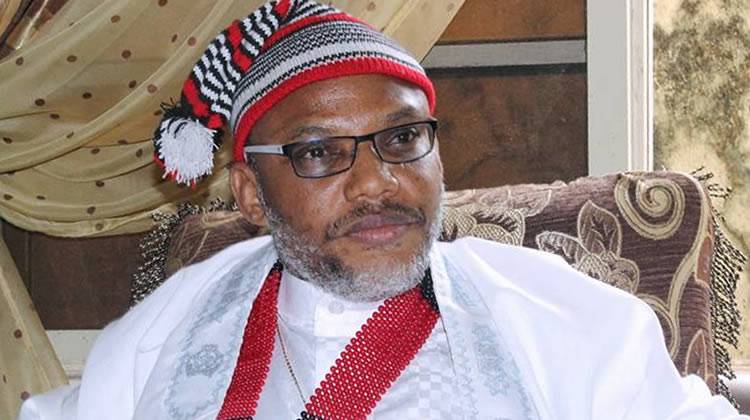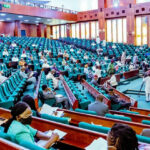
The younger Kanu brought a judicial review of London’s alleged refusal to officially acknowledge that Nnamdi Kanu was the victim of extraordinary rendition and unlawful detention.
Kanu, a dual British-Nigerian citizen, heads the IPOB movement, which wants a separate state for the Igbo people in southeast Nigeria.
The Court of Appeal in Abuja ruled in October last year that he was abducted, ill-treated and “illegally moved” from Kenya to Nigeria to face treason and terrorism charges.
The judges dismissed the criminal case but Nigerian prosecutors have appealed and Kanu, who is in his mid-50s, remains in custody.
In London, judge Jonathan Swift rejected Kingsley Kanu’s application that the UK foreign ministry should rule on whether he was extraordinarily rendered and call for his release.
Swift rejected the brother’s argument that the foreign secretary had “acted irrationally” by not doing so, and said the minister had the right to determine what was in the UK’s diplomatic interests.
The Kanu family lawyers have argued that the case should lead to a reassessment of what official help is given to British nationals held abroad, particularly when there are suspected human rights violations.
Kanu, a former London estate agent who also runs the outlawed Radio Biafra station, was first arrested in 2015 but jumped bail two years later, reappearing in the UK and Israel.
The Nigerian government has banned IPOB as a terrorist organisation, accusing it of stoking ethnic tensions by claiming genocide against Igbos.
In 1967, a unilateral declaration of an independent republic of Biafra led to a brutal 30-month civil war that left more than one million people dead, most of them Igbos.
AFP





